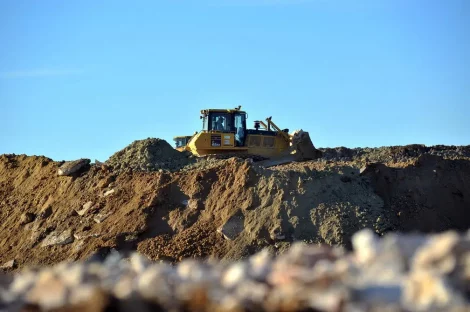Since May 1, 2023, information from the chronological registers of companies excavating or receiving excavated soil and materials must be disclosed. This information is passed on to the RNDTS. This is an important step in strengthening the chain of traceability for excavated soil.
What has changed in terms of the traceability of excavated soil and materials ?
Companies have had to keep chronological registers since January 1, 2022.
This obligation applies to all stakeholders in the chain, from waste producers to, brokers, traders, transporters, operators of treatment and recovery facilities, etc.
What changed on May 1, 2023, is that producers of excavated materials and operators of reception sites are required to provide information to the RNDTS.
This obligation applies to movements during the period January to March 2023. For subsequent months, the movements for each month must be reported by the last day of the following month at the latest. Movements made in 2022 do not have to be sent to the RNDTS, but must be kept for a period of three years.
Finally, since 30 June, the companies concerned have had to be up to date with their RNDTS submissions for non-hazardous waste (NHW) made since January 1, 2022.
How has ECT prepared for these deadlines ?
ECT is developing its business tool in line with the new regulatory requirements. These adaptations are being made in collaboration with:
• The government departments responsible for the RNDTS
• Its customers – excavators, transporters and soil producers
• And its IT partner CKDEV.
The functionalities of our customer Extranet have been extended. The information required for the chronological registers and the RNDTS register can now be easily downloaded and shared. Our customer Extranet has become a resource platform for completing and informing all traceability registers.
What information should producers and operators of outfall sites send to the RNDTS ?
The aim is to improve the traceability of excavated soil being moved. This information includes recording dates, the nature of excavations and associated waste codes, the site of origin, transport methods, the destination site, treatment operations and the volumes involved.
What are the sanctions for non-compliance with RNDTS reporting obligations ?
Producers and operators who fail to comply may face criminal sanctions. Each instance of non-compliance may be punishable by a fine of up to €750 for a fourth class offence (Article 111-13 of the French Penal Code). In the event of a repeat offence or non-compliance, the criminal penalty can be extended to up to two years’ imprisonment and a €75,000 fine.

